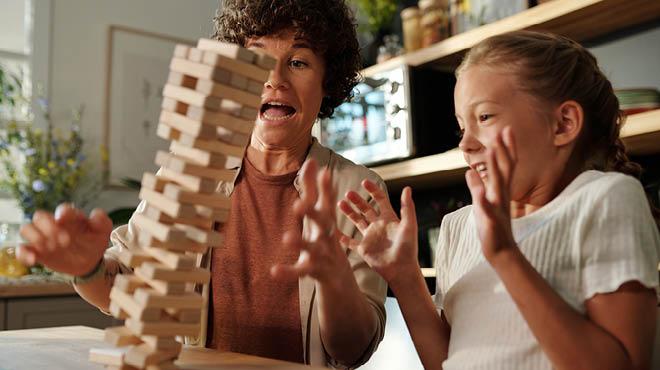Recent Posts
4 tips for making music good medicine

Music has been a part of humanity for as long as humanity has existed. Archeologists have unearthed relatively complex bone instruments greater than 40,000 years old. Certainly, human ancestors likely were making music in more rudimentary ways even before this. It is no surprise then that music is so fundamental to development as humans and their continued psychological well-being.
There's no doubt the COVID-19 quarantine and the difficulties people all have experienced recently have taken a toll on mental health. Music is one tool to use ease the strain on your mental health, and help you to recover in the future.
No one can tell a person exactly how to enjoy music. This is because music preferences are as unique as each person.
Music therapy is field of medicine where music is used to treat various conditions, much as a physical therapist might treat a patient. You can use some of their techniques to inspire your own healing and manage your mental health. These techniques are wide ranging. No matter your preferences for music, you can make activities like these work for you.
Here are 4 tips to use music to help you heal and be well:
1. Be creative with music.
Performing music often is more powerful than listening. If you have the skill, you should try to perform music. You don't need to be a classically trained musician, and you don't need an audience. Sure, you can sit down and play the piano, but belting out a tune in the shower or in your car likely is just as helpful. Whistling is performing music, too. Getting a group of people together, using social distancing, to play kazoos, rarely ends without laughter, which also is powerful medicine. However you do it, find a way to make music.
2. Build and strengthen bonds with music.
Music has always been a social bonding activity. If you aren't comfortable making your own music, you can make listening more powerful by listening together. With quarantine, this takes creativity. Try listening to a song together on Facetime with a friend or playing music that you and a neighbor enjoy. If you and another person have a song that you share as your special song, call him or her ― or send him or her the song to listen to ― and then call and talk when the song is done. If you are quarantined together, listen together.
3. Improve mood with music.
Music often is linked to some of our deepest and most resilient memories and emotions. If you are feeling down, think back to music you listened to during a happier time. Often this is music from your youth. Whatever this music is, listen to it, and it may lighten the mood.
4. Move to music.
In many cultures, music and dance are closely linked, so much so that one seems incomplete without the other. So listen or perform music and dance. Do it with a partner if you can, but alone will do, and you don't need an audience for this either. We all need to move more than we do, even in normal times. While stuck in quarantine, this is doubly true, and evidence shows that exercise also improves mental health. There are many ways ― and no wrong way ― to move with music. Many places are offering things like online movement and dance classes, and other ways to move to music and connect to people online. You don't need anything fancy. If you can find a way to hear music and move your body to it, then do it.
There are many other ways to fit music into your lives. Let my suggestions be motivation for your own creativity. Music has always been a refuge for people during the most difficult times, and it can certainly help during the COVID-19 pandemic.
So sing, dance, play and connect to make each day a little better.
Get more tips on managing COVID-19 and mental health.





